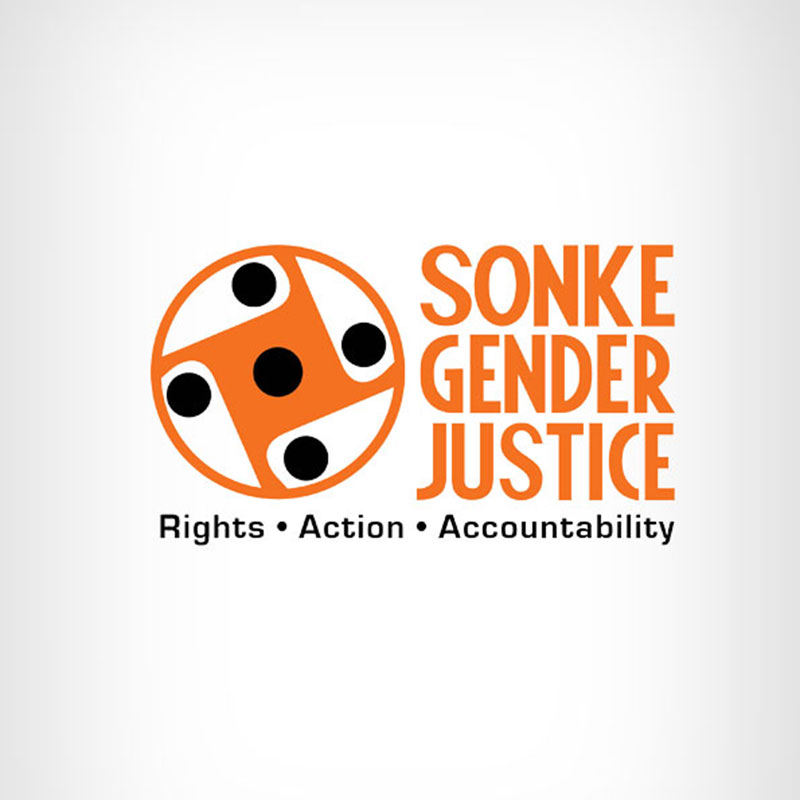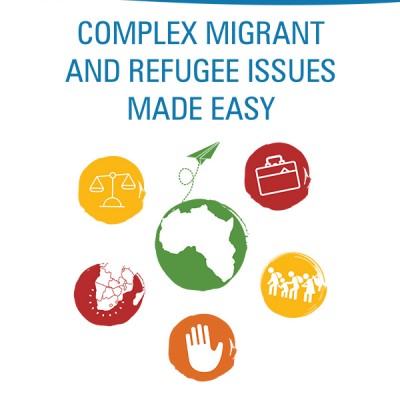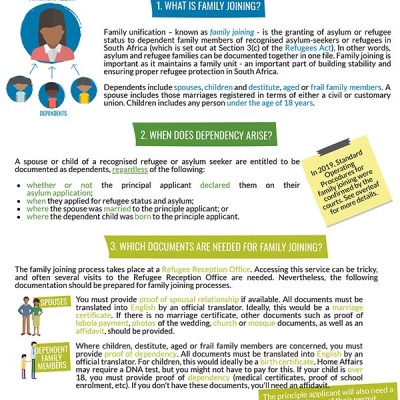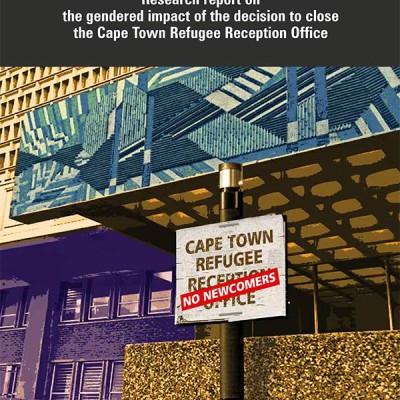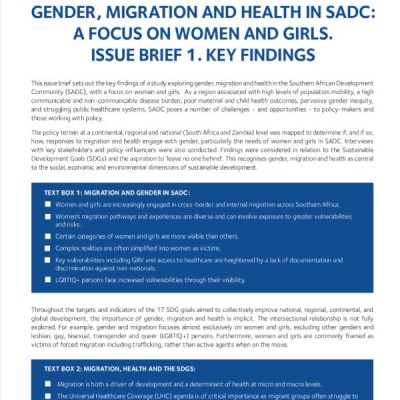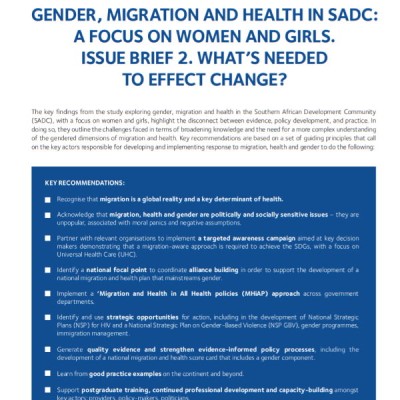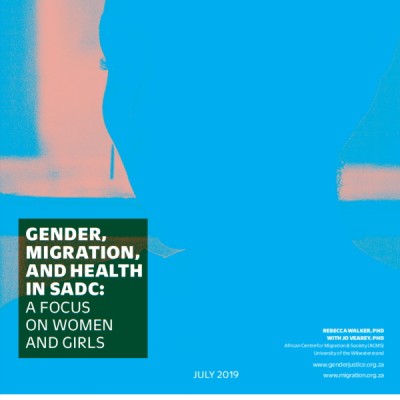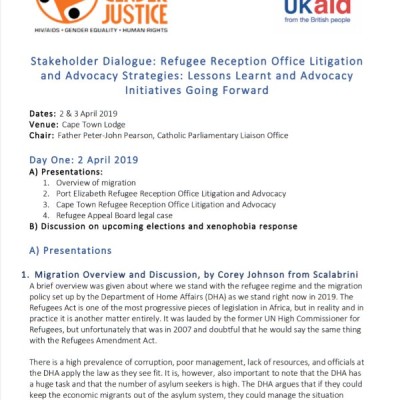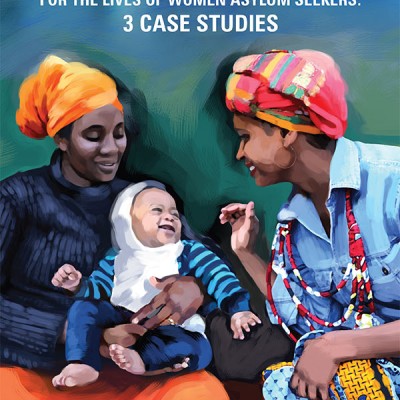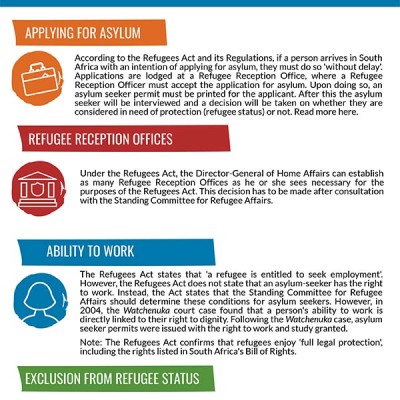Throughout South Africa, migrants, and in particular refugees and asylum seekers, are an underserved and ever growing population of vulnerable men, women and children facing extreme difficulties in accessing their rights to safety, security, health and dignity due to widespread xenophobia, gender-based violence (GBV) both within these communities and enacted upon members of these communities, insufficient information on their rights, service provider discrimination, including those addressing and preventing GBV.
In South Africa, asylum seekers and refugees often do not access local services due to legal insecurities, language and cultural barriers, xenophobia and the frequent refusal by health care workers to provide services to which they are legally entitled. Similarly, asylum seekers and refugees are often overlooked in local GBV prevention efforts. Paradoxically, these barriers exist despite a supportive national legal framework, including the Constitution, National Health Care Act and Refugee Act, which recognises the human rights of all individuals living in South Africa.
Sonke has a longstanding commitment to advancing the rights of migrants and refugees, especially by addressing the gender and HIV needs and priorities of migrant communities. We use a wide range of social change strategies, including formative research, community education and mobilisation, legal and policy advocacy, the use of mass and community media, and coalition and alliance building.
Through our policy and advocacy work on migration, Sonke aims to:
- Drive research, policy review, policy development and advocacy to ensure that relevant regional and national policies on GBV and HIV include a strong focus on the needs of migrants, including asylum-seekers and refugees, and that regional and national policies on migration include commitments to address the gendered and health dimensions of migration, and migration status.
- Highlight the challenges migrants, refugees and asylum seekers face in South Africa, through media engagement and creative advocacy strategies.
- Strengthen and support civil society responses, coalitions and advocacy initiatives to hold government accountable to its human rights obligations in relation to migration, gender based violence and health.
- Use regional, national and local media platforms to educate and empower civil society on the need to shift social norms about migration, and to influence law- and policy-makers so that they implement their commitments and obligations on gender and migration.
- Work with and support our Community Education and Mobilisation Unit’s Refugee Health and Rights programme.

